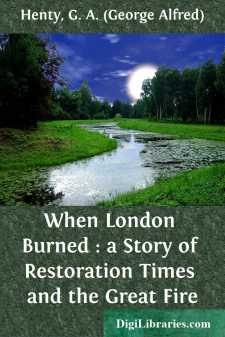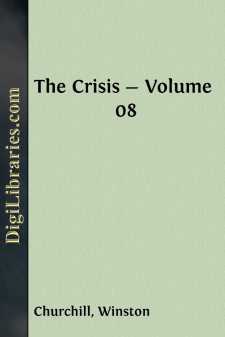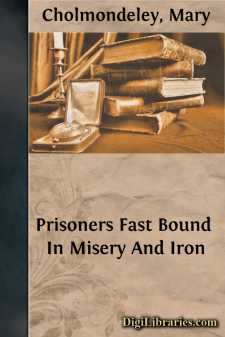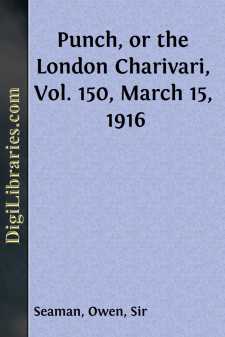Categories
- Antiques & Collectibles 13
- Architecture 36
- Art 48
- Bibles 22
- Biography & Autobiography 813
- Body, Mind & Spirit 142
- Business & Economics 28
- Children's Books 13
- Children's Fiction 10
- Computers 4
- Cooking 94
- Crafts & Hobbies 4
- Drama 346
- Education 46
- Family & Relationships 57
- Fiction 11828
- Games 19
- Gardening 17
- Health & Fitness 34
- History 1377
- House & Home 1
- Humor 147
- Juvenile Fiction 1873
- Juvenile Nonfiction 202
- Language Arts & Disciplines 88
- Law 16
- Literary Collections 686
- Literary Criticism 179
- Mathematics 13
- Medical 41
- Music 40
- Nature 179
- Non-Classifiable 1768
- Performing Arts 7
- Periodicals 1453
- Philosophy 64
- Photography 2
- Poetry 896
- Political Science 203
- Psychology 42
- Reference 154
- Religion 513
- Science 126
- Self-Help 84
- Social Science 81
- Sports & Recreation 34
- Study Aids 3
- Technology & Engineering 59
- Transportation 23
- Travel 463
- True Crime 29
Sort by:
CHAPTER I FATHERLESS Lad stood looking out of the dormer window in a scantily furnished attic in the high-pitched roof of a house in Holborn, in September 1664. Numbers of persons were traversing the street below, many of them going out through the bars, fifty yards away, into the fields beyond, where some sports were being held that morning, while country people were coming in with their baskets from...
more...
THE LAST CARD Mr. Brinsmade and the Doctor were the first to leave the little room where Silas Whipple had lived and worked and died, Mr. Brinsmade bent upon one of those errands which claimed him at all times. He took Shadrach with him. Virginia sat on, a vague fear haunting her,—a fear for her father's safety. Where was Clarence? What had he seen? Was the place watched? These questions, at...
more...
by:
Kelly Freas
Herbert Hyrel settled himself more comfortably in his easy chair, extended his short legs further toward the fireplace, and let his eyes travel cautiously in the general direction of his wife. She was in her chair as usual, her long legs curled up beneath her, the upper half of her face hidden in the bulk of her personalized, three-dimensional telovis. The telovis, of a stereoscopic nature, seemingly...
more...
Adolfo Rodriguez was the only son of a Cuban farmer, who lived nine miles outside of Santa Clara, beyond the hills that surround that city to the north. When the revolution in Cuba broke out young Rodriguez joined the insurgents, leaving his father and mother and two sisters at the farm. He was taken, in December of 1896, by a force of the Guardia Civile, the corps d’élite of the Spanish army, and...
more...
CLAIR DE LUNE. Your soul is as a moonlit landscape fair,Peopled with maskers delicate and dim,That play on lutes and dance and have an airOf being sad in their fantastic trim. The while they celebrate in minor strainTriumphant love, effective enterprise,They have an air of knowing all is vain,—And through the quiet moonlight their songs rise, The melancholy moonlight, sweet and lone,That makes to...
more...
by:
Annie L. Burton
RECOLLECTIONS OF A HAPPY LIFE The memory of my happy, care-free childhood days on the plantation, with my little white and black companions, is often with me. Neither master nor mistress nor neighbors had time to bestow a thought upon us, for the great Civil War was raging. That great event in American history was a matter wholly outside the realm of our childish interests. Of course we heard our...
more...
Instruction Book. THE FIRST THING. 1. The first thing to do when going into a strange room to take charge, is to learn the names and dispositions of your help, and their ability. By doing this it will save you some trouble. Do not turn off help the first day you go into a room to take charge. Get the good will of your help and keep them; and when they learn your ways and know you mean just what you...
more...
CHAPTER I Grim Fate was tender, contemplating you,And fairies brought their offerings at your birth; You take the rose-leaf pathway as your due,Your rightful meed the choicest gifts of earth. —Arthur C. Legge. Fay stood on her balcony, and looked over the ilexes of her villa at Frascati; out across the grey-green of the Campagna to the little compressed city which goes by the great name of Rome. How...
more...
by:
Owen Seaman
March 15, 1916. The Zeppelin which was "winged" while flying over Kent last week has not yet been found, and is believed to be still in hiding in the densely wooded country between Maidstone and Ashford. Confirmation of this report is supplied by a local farmer, who states that on three successive nights the cat's supper has been stolen from his scullery steps. This strange circumstance,...
more...
CHAPTER I. AMERICAN SLAVERY. If they had not triumphed, do you know who would have gained the victory? Slavery is only a word—a vile word, doubtless, but to which we in time become habituated. To what do we not become habituated? We have stores of indulgence and indifference for the social iniquities which have found their way into the current of cotemporary civilization, and which can invoke...
more...











